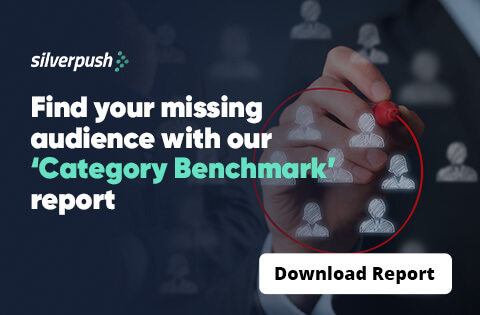Cookieless Future is Near, AdTech Looks Forward with AI
PUBLISH DATE: 19 July 2022
The whole adtech industry will soon be impacted by Google’s new “reject all” cookie option. For 50% of Europe, ad tech will soon lose awareness; soon, the same will be true for the US. It is not a theory.
Programmatic advertising and the adtech that supports it ceases to function when a customer clicks “reject all.” When given the option, more than half of iOS users on mobile have chosen not to be tracked by apps or marketers who use Apple’s ATT. The implementation of the reject-all policy has already led to a 55 percent opt-out rate for some publishers in Europe.
The actions taken by companies like Google and Apple to comply with user permission and privacy laws set a new standard. Additionally, privacy and user consent requirements will be implemented in the US, exactly as we saw with GDPR.
Adtech will be forced by this regulatory tsunami to develop into a responsible ecosystem where monitoring and enforcing user permission at a specific data level will be necessary. However, it’s easier than it sounds.
Putting User Consent First
Publishers, who are the proprietors of user consent, will need to take into account the qualifications of their ad tech partners since they will now be required to obtain user approval for each of them. As publishers become stricter and regulations tighten, the effect will be a significantly falling supply chain. Although the audience will still exist, ad tech solutions will be necessary to deliver an ad without processing user data due to the way people are identified—with contextual and first-party signals. And some people already commit errors. It will be necessary for Meta to redesign from scratch in order to comply with the facts revealed by the most recent Meta breach, which implies that their advertising business is not compliant with current and impending privacy standards. User consent is in the hands of premium publishers, but it will need to be exercised. To increase user consent rates and safety, they will need to shorten their supply chain, invest in ad technology that processes data rather than controls it, and provide an advertising solution that operates without user approval.
The Decision to Lead
A transition from accessible towards a more relevant and accountable online is already apparent. Publishers and advertisers may ethically engage audiences when they begin to see ad tech as a facilitator rather than a middleman. Because publisher data can no longer be used to target people outside of their own properties, it may create an ecosystem where its value rises. Transparency in the supply chain is the outcome. Publisher data serves as the ad tech ecosystem’s building block. Publishers should appreciate the value of the first-party data and contextual insights they have to provide and inform advertisers of the legal and ethical options available.
It is about Consent, Not Cookies
User consent will be key in the next phase of advertising technology. Both Meta and Google have acknowledged this. Google has responded to it. And because of a stolen paper, we also know Meta is. Third-party cookies are just one aspect of the disruption of today. The topic is consumer privacy. Because of this, the popularity of “opt-out” and “reject all” will have both a short-term and long-term effect. And the adtech sector ought to start getting ready right away.







